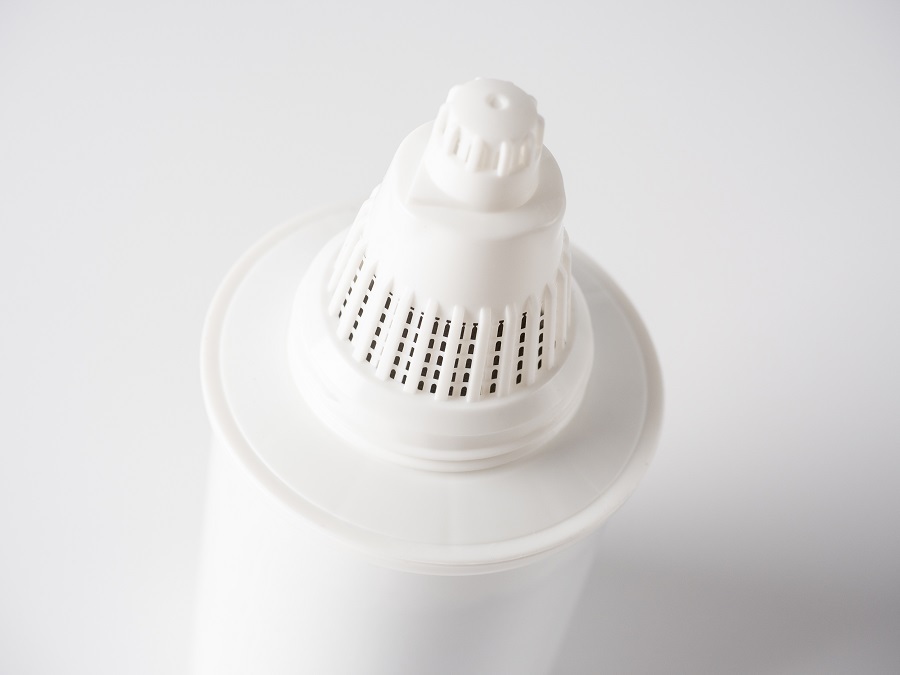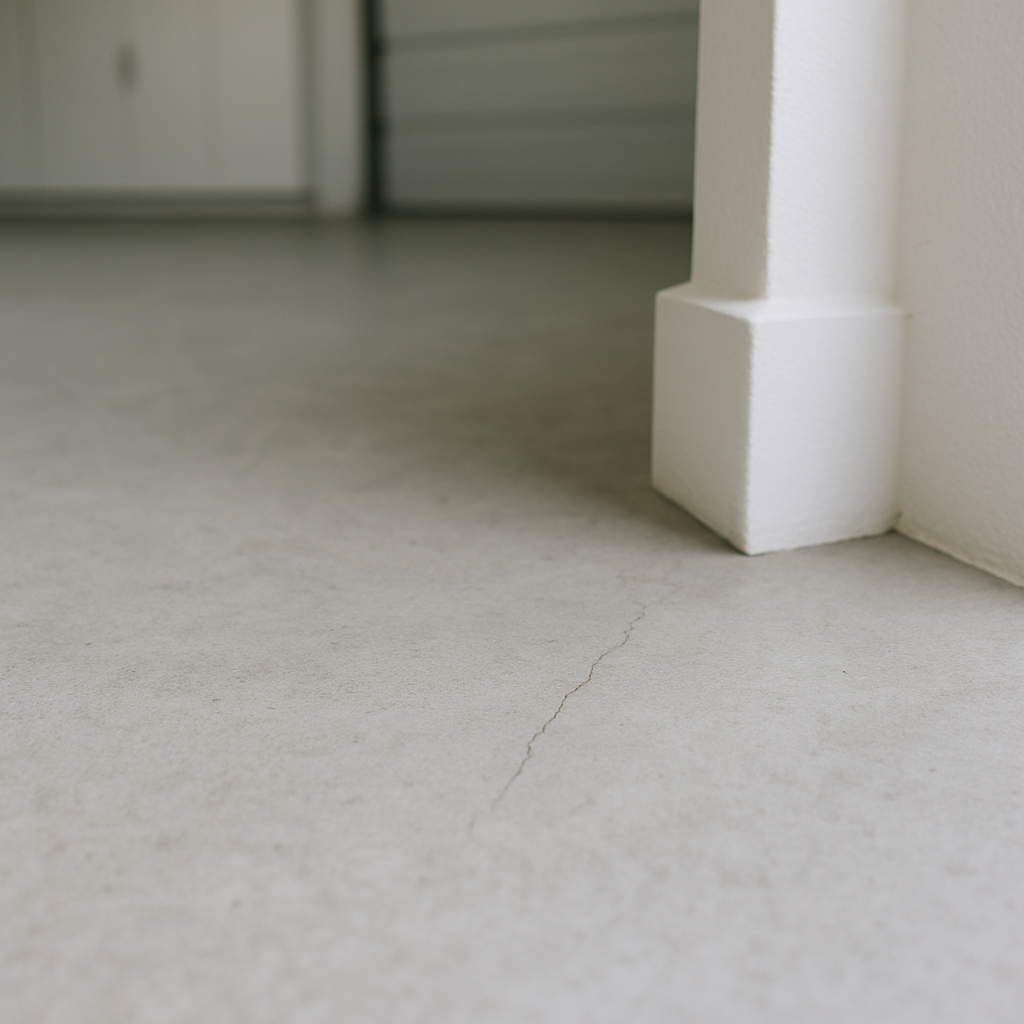Last updated on
How do water filters for refrigerators work and what do they remove from water? When should you change the fridge water filter? Read on!
If you haven’t changed your water filter for refrigerators for a few months, a year, or several years, you may be wondering when you should replace it. Even if your water might still tastes good, you might still be wondering if your filter needs to be changed. Just because the water in your fridge tastes fresh doesn’t always mean that it is. Many contaminants that could be in your fridge’s water that you think is filtered have no taste.
A family of four that uses the fridge’s water cooler and ice maker must get a new filter every six months. However, a childless couple may need to replace their filter only once a year. If you haven’t replaced your fridge’s filter in years, it means you’re not drinking filtered water anymore.
It’s very important to change your filter, so we’ll try to help you understand how to replace your filter by finding the one that best fits your fridge and budget.
What's Inside
How Does Your Fridge’s Water Filter Work?

Most water filters for refrigerators are designed to remove bad tastes by filtering sediment and carbon in the water. Filters contain a carbon block core encased in a material called polypropylene. The water flows through the outer material to remove debris and suspended solids. Other unwanted particles stick to the surface of the carbon block.
Contaminants in the water stick to the carbon in the filter through a process called adsorption. This means that they do not soak into the surface (absorption) of the carbon but stick to a point within the huge surface of the carbon (adsorption) instead.
What a Water Filter Removes
The water travels through kilometers/miles of underground pipes before it reaches its destination. It can accumulate lead from old pipes, agricultural runoff, and other harmful compounds along the way.
Most filters are designed to remove three main contaminants: lead, chlorine, and volatile organic compounds (VOCs).
Until the end of the 20th century, lead was considered harmless and useful in the production of paint, pottery, and plumbing pipes. 50% of the solder used for plumbing before 1986 contained lead. Because water is a great solvent, it picks up lead from old pipes and carries it to your faucet. A building built before the Safe Drinking Water Act was passed likely has lead and lead-soldered copper pipes and fixtures that could leak into the water.
Because lead is toxic, the EPA has set the maximum contaminant level for lead in drinking water to zero. Lead ingestion can cause reproductive problems, premature birth, brain damage as well as hearing, heart, and kidney problems.
Are Water Filters Necessary?
New fridge filters provide clean water, reduce contaminants and prevent bacteria from entering the water. However, carbon has a limited capacity. Therefore, the longer you wait to change the filter, the worse the water will get.
If you don’t change your fridge’s water filter, your filter becomes clogged. It gets to a point where it can no longer filter water effectively because it’s full of dirt and debris. You know it’s definitely time to change the filter when the water stops flowing through it.
Although the carbon reaches its maximum capacity, the water will continue to flow through the filter even if the surface area is full, but the water will carry contaminants with it. So, when all the spaces in an old carbon filter are taken up, the particles collect or pass through the filter. When this happens, your filter produces bacteria. A clogged carbon filter collects the particles that living organisms feed on and becomes a cesspool for bacteria.
How Often Should You Replace Your Fridge’s Water Filter?
Refrigerator filters should always be replaced every 6 months. Never use the same filter for more than a year. The longer you use the same filter beyond its maximum capacity, the more harmful the water could become.
Are Water Filters Effective?
Refrigerator filters are effective for what they are designed to do. They are excellent for reducing the taste of chlorine, odor, and sediment. They are not designed to soften the water, remove iron, or prevent health risks in unpurified water. If your water comes from a well, then you are responsible for its purification and you will need more than a refrigerator filter to treat your well water. The water that comes from a well typically requires whole-house water filtration, including some type of treatment for bacteria.




